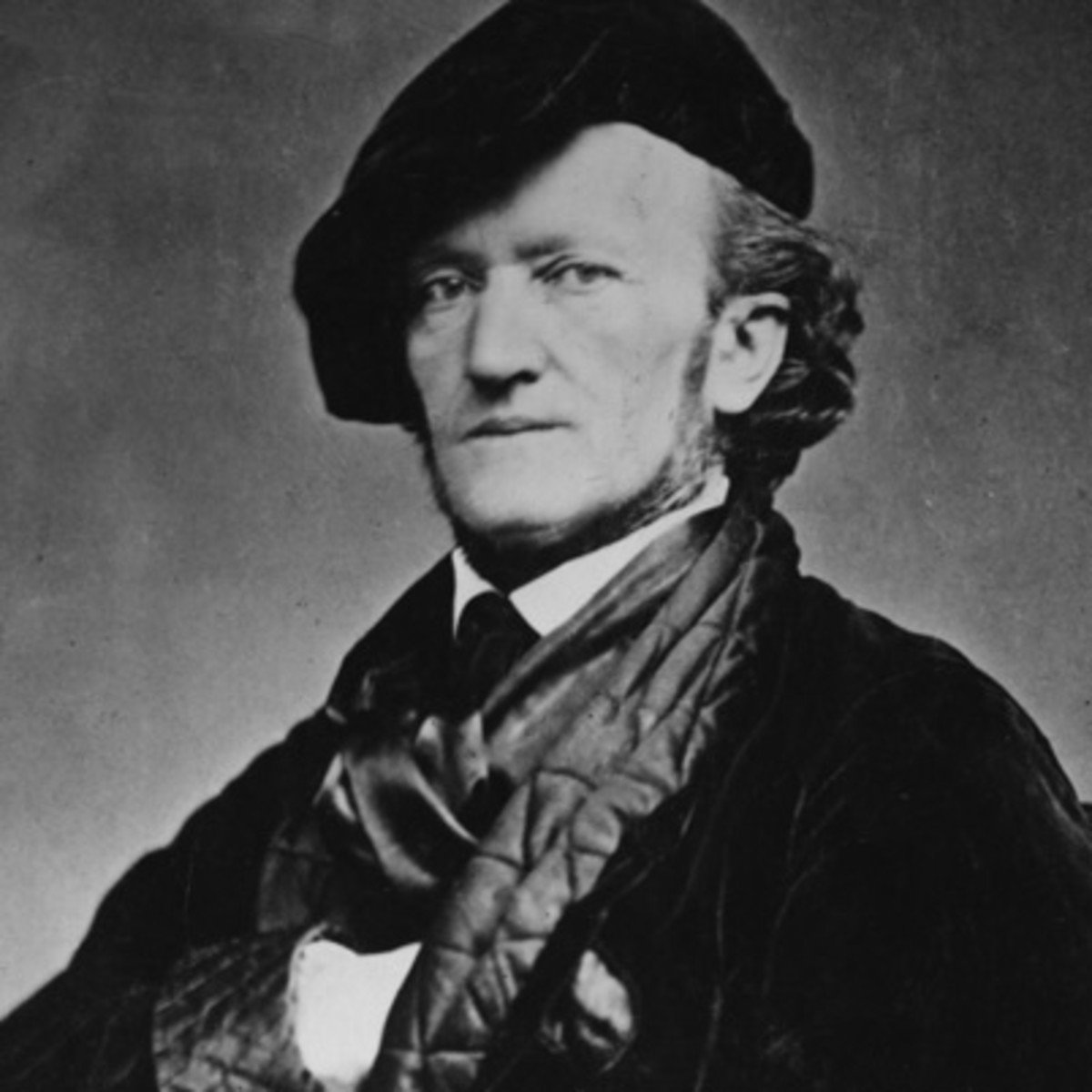Die Meistersinger von Nürnberg (1862) is a unique work in many ways and stands as one of the great monuments in Wagner’s output. Indeed, from an aesthetic, social, and political perspective, it is a work which takes the whole narrative of German-ness as its subject. It is the only one of his operas that is not based on a pre-existing story or myth and is perhaps the most explicit musical exponent of some of his polemics and still today, the question lingers as to how explicitly the character of Sixtus Beckmesser is meant to be an anti-semitic caricature.
One of the most remarkable feats of this opera is how seamlessly Wagner is able to blend the political and aesthetic messages of the work. It is up to each individual listener what the ethical and moral outcome of this equation is, but the enduringly problematic nature of this work is a testament to how inseparable these two elements are in Wagner’s composition. Throughout the plot of the opera, two threads run in parallel: the composition of Walther’s song along the lines of a new and previously unheard aesthetic vision and the wider societal progress and betterment of the grand tradition that preceded this aesthetic. Nationalism bleeds and drips through the fabric of this work like few others in Wagner’s output.
Walther’s “Preislied” is at once a supreme example of Wagner’s melodic and compositional gifts. We both adore this from an expressive and musical perspective, but also feel disenchanted or even repulsed by some of the directions that other listeners have taken the messages inherent in this work. For that reason, it is the perfect example of what is involved in dealing with Wagner reception.
Pierre-Nicolas Colombat
January, 2023

